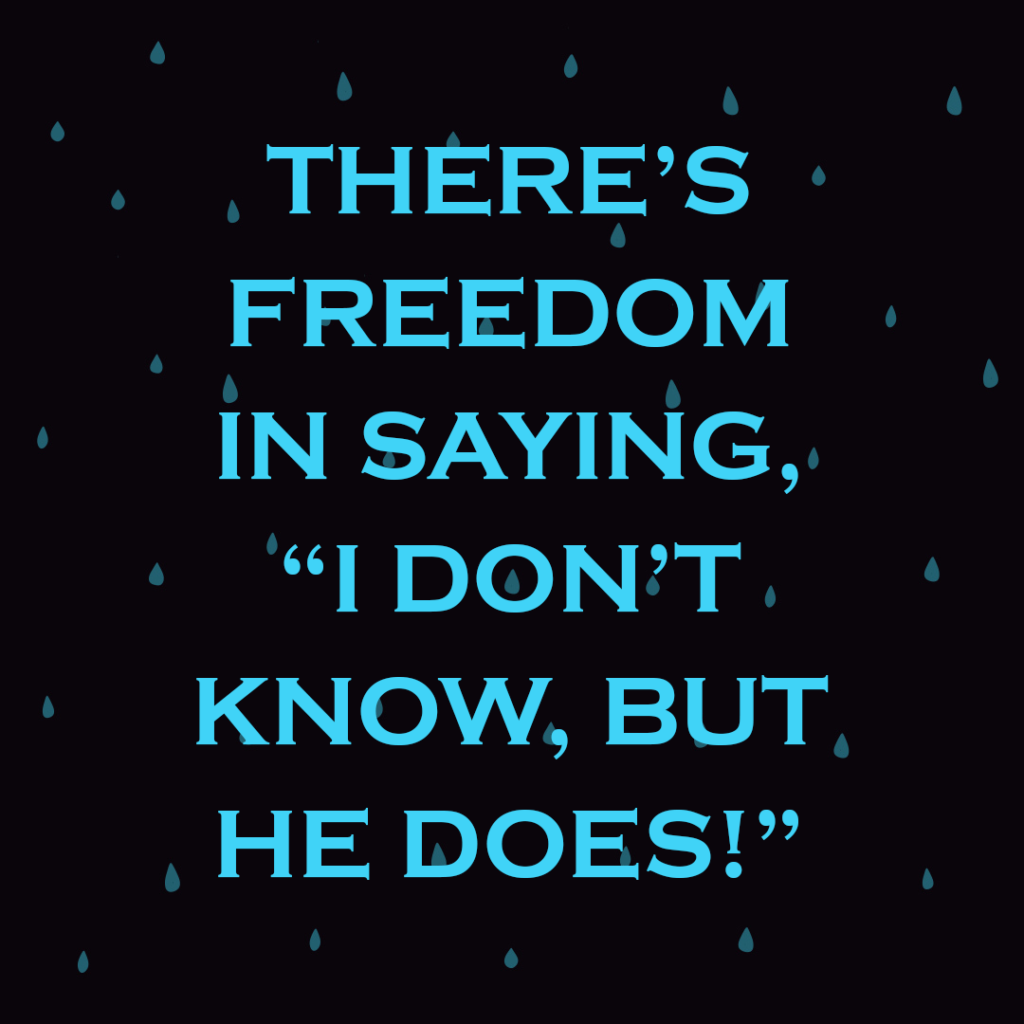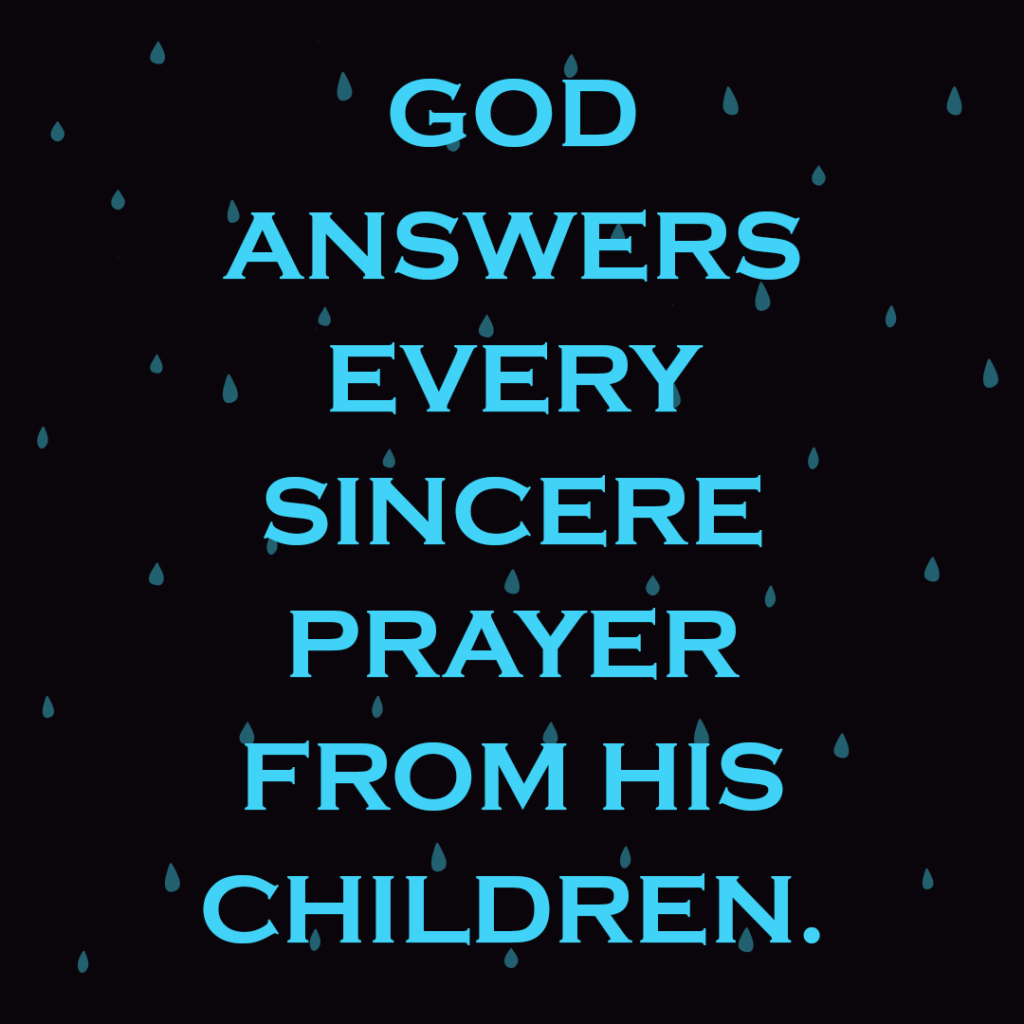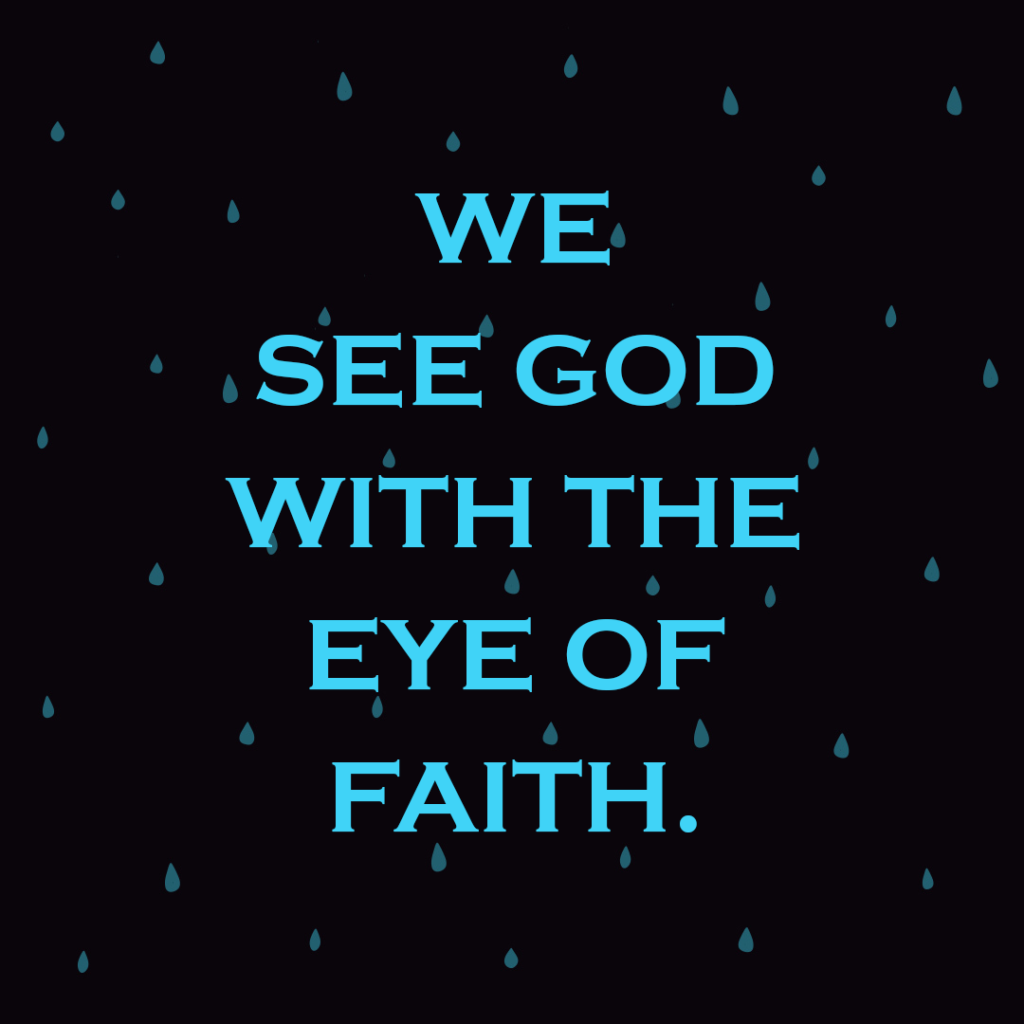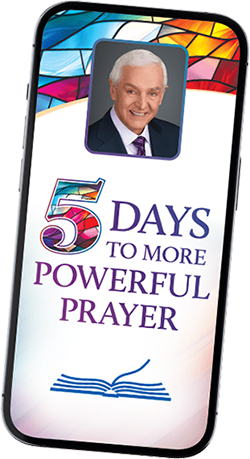As a child, where did you go for answers? As a teenager, who was your “go-to” person? In your career now, do you have a mentor who helps you find the answers you seek?
When Moses didn’t know what to do with the Israelites in the wilderness, his father-in-law, Jethro, told him how to organize the people into a functioning nation (Exodus 18). When David became the king of Israel, he sought out the sons of Issachar, “who had understanding of the times, to know what Israel ought to do” (1 Chronicles 12:32). In 2 Chronicles 10, King Rehoboam wrecked his nation by listening to the wrong advisors. In the Early Church, the apostle Paul sent men like Titus and Timothy to advise and mentor struggling young churches. In the book of Proverbs, Solomon repeatedly wrote about the importance of seeking good counsel, saying, “Without counsel, plans go awry, but in the multitude of counselors they are established” (Proverbs 15:22).
That’s true for each of us. Sometimes we need advice regarding our career; sometimes we need marital counseling, financial advice, or legal counseling. It’s critical to find the right people and to choose the best advisors. When we don’t know the answers, we seek those who can help us. We often use the Internet to find answers, but how wonderful to lean on and learn from a wise man or woman!
Trusting God as Our Counselor
Trusting When We Don’t Have the Answers
Trusting When We Don’t Know What’s Next
Trusting When Prayers Are Unanswered
Trusting God as Our Counselor
Well, I want to tell you something. You can engage the wisest Person in the universe as your counselor. According to the Bible, the entire Trinity is available to counsel us day and night. God the Father is a counselor. Job said, “He has counsel and understanding” (Job 12:13). The psalmist said, “I will bless the Lord who has given me counsel.... The counsel of the Lord stands forever” (Psalm 16:7; 33:11).
God the Son is a counselor. Isaiah 9:6 says, “For unto us a Child is born, unto us a Son is given... and His name will be called Wonderful, Counselor.”
God the Spirit is a counselor, for Jesus told His disciples in the Upper Room, “I will ask the Father, and He will give you another Counselor to be with you forever” (John 14:16, HCSB).

Moreover, our Triune Counselor is omniscient. He may not always disclose the answers to us, but we can rest assured He has the answers, He knows the solutions, He resolves the difficulties, He keeps His promises, and His grace is always sufficient.
When you don’t understand why pain happens, He does. Though you can’t explain why people suffer, He can. When you don’t know what’s next, He knows the way. There’s freedom in saying, “I don’t know, but He does!” There’s something liberating about that. It’s like a child trusting his dad in a time of fear or a daughter trusting her mother to make the best decision amid uncertainty. One day we’ll know just as we are also known (1 Corinthians 13:12); but until then, our primary duty is to “know Him and the power of His resurrection, and the fellowship of His sufferings, being conformed to His death” (Philippians 3:10).
Trusting When We Don't Have the Answers
That means we can trust Him when we don’t have the answers. When Sheila Walsh was hosting a television program and speaking at Women of Faith conferences, she had hundreds of letters and calls from people in heartbreaking situations—parents worried about their children, children heartbroken over their parents, people battling temptations and addictions. Sheila was often confronted with the question: “Why?”
“I don’t know the answer,” she wrote. “I don’t believe that anyone fully does. But God has brought some very brave and godly people into my life who have helped me to understand that there are no easy answers and to accept living with mystery when there is no visible reason to do so.”1 When we understand there are no easy answers and we must live with mystery, trusting purely in the sufficiency of God’s grace—well, that’s faith.
Trusting When We Don't Know What's Next
Faith is also trusting when we don’t know what’s next. After Moses died, Joshua was in charge of an unruly horde of Israelites all wondering how they could conquer the Promised Land and find a national home. The Lord didn’t give Joshua all the plans at once, but He told him: “Every place that the sole of your foot will tread upon I have given you... I will be with you. I will not leave you nor forsake you. Be strong and of good courage” (Joshua 1:3-6).
That promise is for us just as it was for Joshua; it was given to all God’s children. The writer of Hebrews, talking to New Testament Christians weary in their struggles, reminded them: “For He Himself has said, ‘I will never leave you nor forsake you.’ So we may boldly say: ‘The Lord is my helper; I will not fear. What can man do to me?’” (Hebrews 13:5-6) If you don’t know what’s coming, keep your eyes focused on Jesus. He will lead you in paths of righteousness for His name’s sake.

Trusting When Prayers Are Unanswered
We can also trust Him when our prayers are unanswered. Though we use the term “unanswered,” that’s not the best word. Perhaps we should say ungranted. After all, “No” is an answer, and so is “Not yet.” God answers every prayer from the lips of His sincere children. He does so in His way, in His timing, and with His wisdom. We have to be humble enough to trust Him, determined enough to wait for Him, and confident enough to walk by faith rather than sight.
“The Lord knows the way of the righteous” (Psalm 1:6). “The Lord knows the days of the upright” (Psalm 37:18). “The Lord knows the thoughts of man” (Psalm 94:11; see also 1 Corinthians 3:20). The Lord knows those who fear Him (2 Timothy 2:19). “The Lord knows how to deliver the godly out of temptations” (2 Peter 2:9). God knows our hearts (Luke 16:15).
We are not omniscient, but God is. And, in the final analysis, that’s enough. Be still and know He is God. In times of uncertainty, we can trust a God who is certain in all things. We can trust the Lord who knows infinitely more than we do. The Christian life is a life of faith, which is described in Hebrews 11:1 as “the substance of things hoped for, the evidence of things not seen.” We can paraphrase that to say, “Faith is trusting God when answers have not yet appeared.” The New International Version puts it this way: “Faith is confidence in what we hope for and assurance about what we cannot see.”
One of the things we cannot physically see is God, yet we see Him with the eye of faith. The Bible says, “[Moses] kept right on going because he kept his eyes on the one who is invisible” (Hebrews 11:27, NLT).

God’s invisibility is not a hindrance to us but a help. It means He is constantly present everywhere, anytime, in all conditions, whether we’re waking or sleeping, rejoicing or mourning, cognizant or confused. The Bible says in Romans 8: “What then shall we say to these things? If God is for us, who can be against us? He who did not spare His own Son, but delivered Him up for us all, how shall He not with Him also freely give us all things? ...Who shall separate us from the love of Christ? Shall tribulation, or distress, or persecution, or famine, or nakedness, or peril, or sword? ...In all these things we are more than conquerors through Him who loved us. For I am persuaded that neither death nor life, nor angels nor principalities nor powers, nor things present nor things to come, nor height nor depth, nor any other created thing, shall be able to separate us from the love of God which is in Christ Jesus our Lord” (verses 31-39).
It’s not what we know, but Who; and Who we know is Jesus—our omnipotent, omniscient, omnipresent Savior and Lord. In times of uncertainty, we can trust Him who works all things for good and whose grace is sufficient on every occasion. That’s why our wisest words may often be: “I don’t know—but I know Who does! I’m not sure; but I am sure—I’m sure of Him!”
Sources:
1Sheila Walsh, Life Is Tough, But God Is Faithful (Nashville: Thomas Nelson, 1999), 104-105.

Dr. Jeremiah’s 5 Days to More Powerful Prayer is a great way to continue this important study. Sign up for free here:
